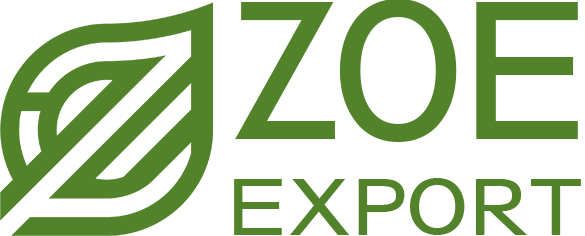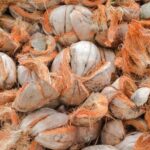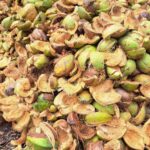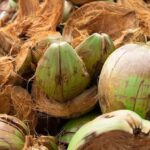Coconut Husk: A Versatile Natural Resource
Coconut husk, the fibrous outer shell of the coconut, is a renewable and biodegradable resource that holds significant economic and environmental value.
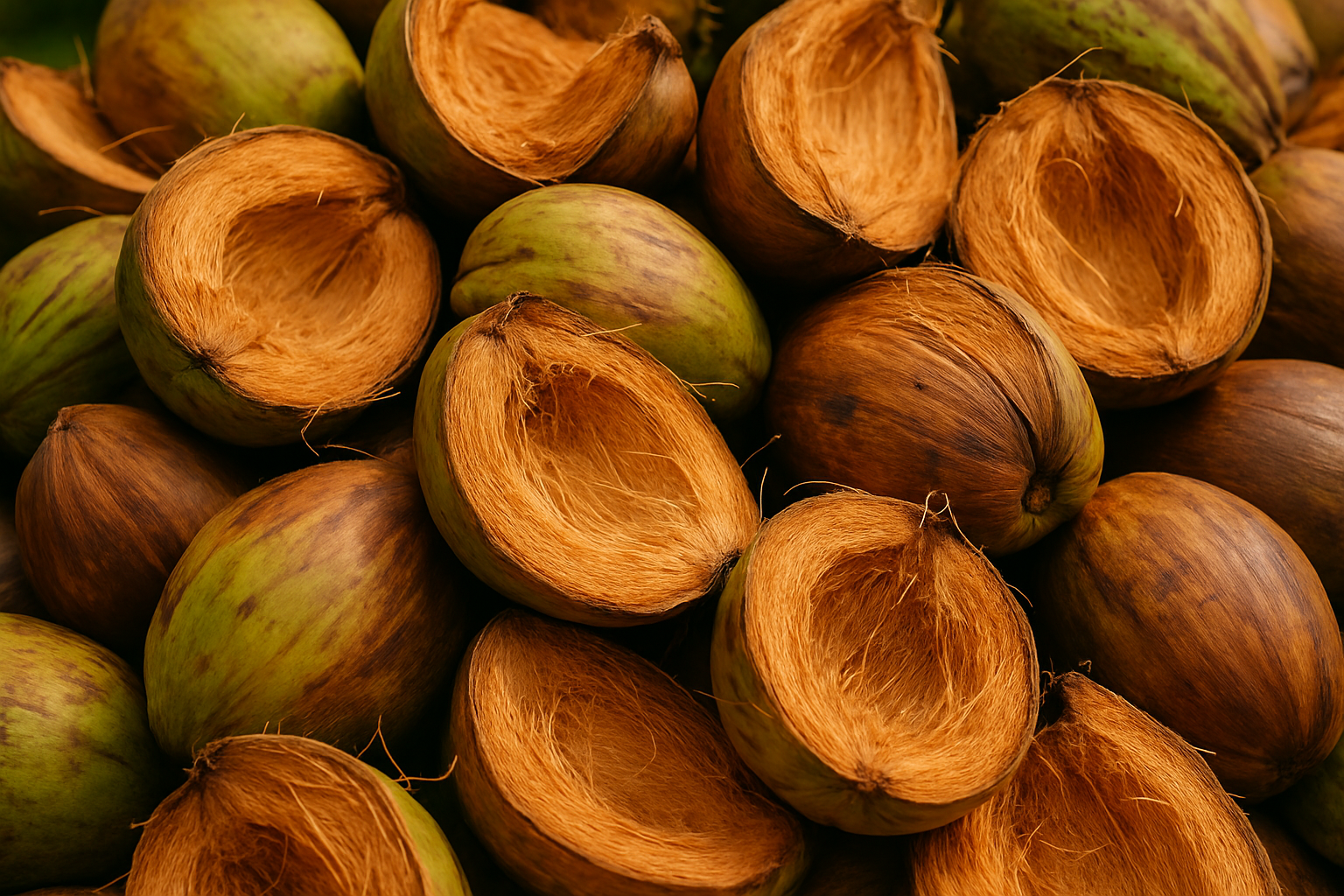
What is Coconut Husk?
Coconut husk, the fibrous outer shell of the coconut, is a renewable and biodegradable resource that holds significant economic and environmental value. Once considered waste, coconut husk is now widely recognized for its potential across various industries due to its strong, coarse fibers known as coir.
Uses and Benefits
Coconut husk is primarily processed to extract coir fibers, which are then used in the production of ropes, brushes, mats, mattresses, door mats, and geotextiles. The remaining dust, known as coco peat, is valued in agriculture as an excellent soil conditioner and growing medium due to its moisture-retention properties.
In addition, coconut husk products are:
Eco-friendly alternatives to synthetic materials
-
Used in erosion control and landscaping
-
Highly durable and resistant to saltwater, making them ideal for marine applications
Global Demand and Importing Countries
Countries like Indonesia, India, Sri Lanka, the Philippines, and Vietnam are major producers and exporters of coconut husk-based products. Importing countries include the United States, Germany, the Netherlands, Japan, South Korea, and other European and Asian nations that demand sustainable raw materials for agriculture, horticulture, and manufacturing industries.
With increasing global emphasis on sustainability, coconut husk continues to gain popularity as an eco-conscious and functional natural material in both traditional and modern applications.
